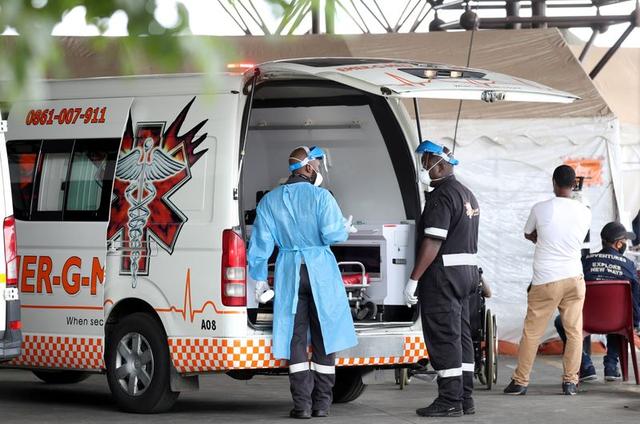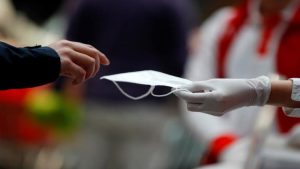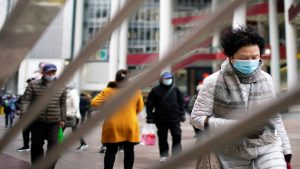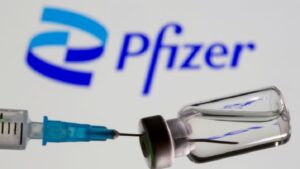As the COVID-19 pandemic continues to affect communities worldwide, the exposure of Emergency Medical and Rescue Services (EMRS) to the virus has raised many concerns.
First responders or paramedics are in a unique position, performing a vital role as frontline workers during COVID-19. But, it’s believed that EMRS personnel are not prioritised for the current vaccine rollout.
A slow vaccine rollout, the threat of an imminent third wave and the detection of two new coronavirus variants in South Africa have highlighted the safety of Emergency Medical and Rescue Services (EMRS).
As first responders to any emergency medical situation, the virus poses specific problems for paramedics. Kyle van Reenen from Emer-G-Med says they are always thinking about the fear of treating and transporting infected patients.
“We are pleading with the department to try and streamline the process just as much as possible. We do believe that the front line and the utmost frontline workers should be prioritised. At the end of the day, we are the ones that are seeing it head-on and to make it worse, we are the ones that are seeing it before it’s being diagnosed. So we have no idea whether or not the patient has any form of COVID-19 symptoms when we arrive and we don’t have all of the luxuries that some of the other healthcare workers do in a more controlled environment and while we have empathy with them and we agree that they also need it we just ask that the department try and prioritise everybody equally.”
These sentiments are echoed by all paramedics surveyed. Rescue Care emergency services spokesperson Gareth Jamieson says paramedics should be prioritised for the vaccine as they make first contact with any patient.
” It’s important that the frontline workers get administered the COVID-19 vaccination first. It’s imperative especially in the ambulance services that the paramedics that are frontline should be the first along with the nurses and trauma teams that are working on the frontline before patients get moved to other departments. ”
Most paramedics interviewed say they have tried registering online for the vaccine, but have not been successful.
Paul Herbst leads a team for IPSS Medical Rescue, “It has been very difficult for us to try and get answers from the relevant authorities and departments to get the vaccine and to get answers as to why our paramedics are not able to get the vaccine as yet. This is very concerning, we are obviously expecting the third wave and our staff have not been vaccinated and we were very busy with the first and second wave. Five of our staff members had COVID-19, lucky no side effects. We obviously very concerned for our staff safety.”
However, some paramedics such as Claude Govender believe that taking the COVID-19 vaccine is not necessary.
“A vaccine normally takes anything from 7 to 10 years to develop and we have rushed that entire process to under two years. So we won’t know what the true side effects are until much later. And if you look at the global trend the rate of infections reduced long before the vaccines were actually administered. My rationale is, if the global trend is reducing, without the vaccine being administered, what do you need the vaccine for.”
Having tested positive for COVID-19 during the second wave, Siven Subramoney of Amawele Emergency Services says the importance of receiving the vaccine cannot be underestimated.
“I lost a worker and one of my partners in December due to COVID. It’s traumatising and in fact every day we think about him and I am going for counselling for it. I also had COVID and I was in hospital for two months and on the ventilator too for two weeks. It’s really bad, so we have no choice. We have to get it, we have to get it.”
In response, the KwaZulu-Natal Department of Health says private paramedics have to register via the provided platforms to receive their vaccines like all other private healthcare providers.






